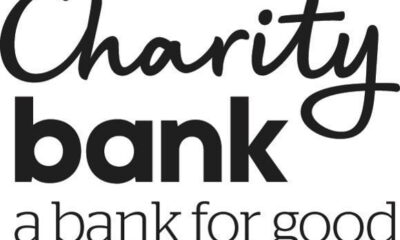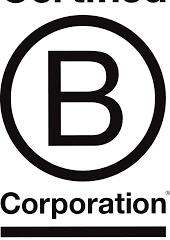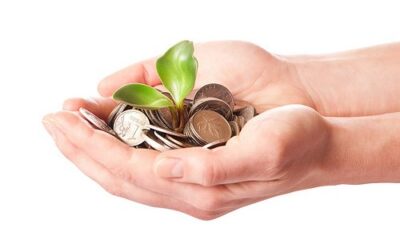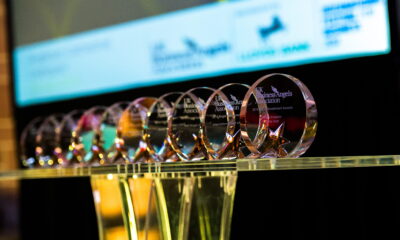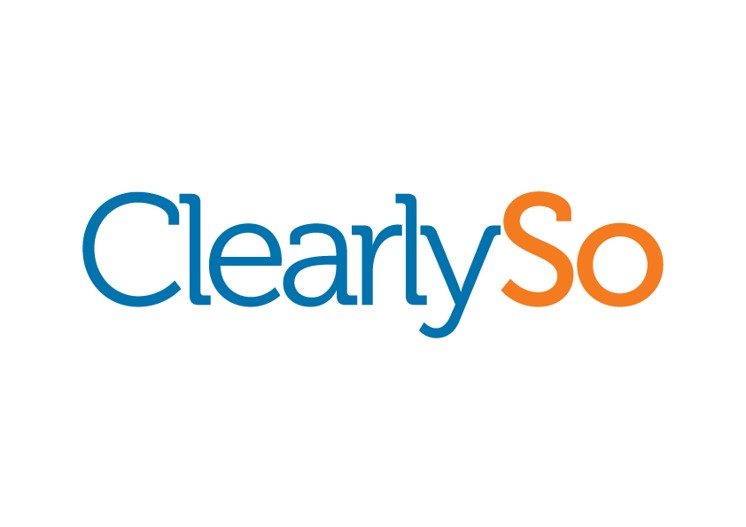
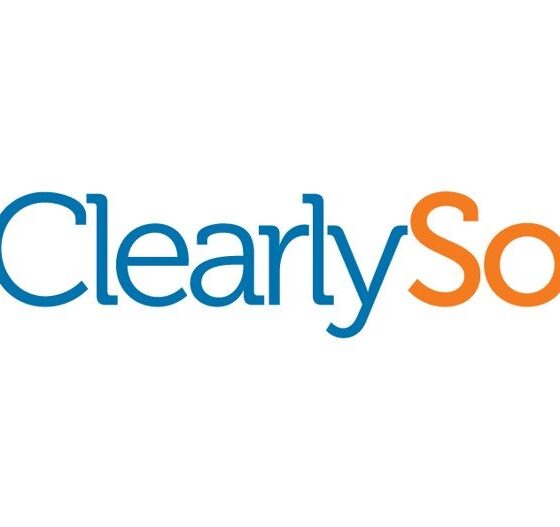
Economy
UK’s founding B Corporations: ClearlySo
ClearlySo works exclusively with high-impact businesses, charities and funds. They support their capital raising activity through financial advisory work, and introduce them to institutional and individual investors who share their objectives and values. £67m of impact investment has been raised by their clients to date.
Through their investor networks, they connect entrepreneurs with impact investors – and educate new ones. They advise businesses on growth, strategy and fundraising to scale their impact.
They also deliver contracts for The Big Lottery Fund via The Big Venture Challenge and The Big Potential Fund and the Cabinet Office through the Childcare Investment Readiness Fund and the Investment and Contract Readiness Fund.
In 140-characters or less what does being a B Corporation mean for your organisation?
For ClearlySo, being a B Corp further ensures our commitment to social and environmental impact. As a business that looks to make high impact and high returns, the certification demonstrates our commitment to impact and to operating in an ethical, sustainable way.
What were the biggest internal barriers to achieving B Corp accreditation?
ClearlySo already operates like a B Corp and we carry out impact measurement to assess how our work with high-impact businesses and investors creates social and environmental change. However, the process to achieve B Corp accreditation required us to pull together information from all across the company. As we’re an early-stage business, we hadn’t previously documented our supply chain approach. The process required us to consider the impact of the way our business operates – from our employment policies to a sustainable supply chain – right down to how we recycle our coffee grounds (at ClearlySo, we do drink a lot of coffee!).
Will it change how you do business and/or who you do business with?
We hope that being part of the international movement will increase visibility for all businesses that are positively creating social and environmental change. By being associated with the #BTheChange movement, we anticipate being able to speak to a broader range of companies, particularly those for whom the traditional “social enterprise” labels may not feel as comfortable. Our clients include many charities and those who are legally structured as social enterprises – such as Community Interest Companies – and we are looking forward to working with many who embrace the B Corp certification too.
There are 3,571,105 companies in the UK and 61 B Corps – how do we reach the point where every company in the UK is B Corp-ready?
It’s a big ask – as it should be. To become a B Corp, a company has to be committed to social and environmental impact in its entire business operations; by what it does and how it does it. This means many companies have a long way to go, but consciousness is shifting; as many more consumers, employees and investors demand that businesses account for their impact, business owners will need to take notice. Seeing the growing interest from our investors in backing businesses that account for people and planet as well as profit assures us that the businesses of the future will be those that care about impact; we just need to keep encouraging that with our buying power and investment capital. Once every entrepreneur and CEO can see how much impact matters, not only to their internal stakeholders, but also to those who can help their business grow, the B Corp and social enterprise movements will grow too.
Is corporate action commensurate with the environmental and social challenges we face, and responsibilities we have, as a one the world’s leading economies?
It is clear that there are many large companies who do not yet account for the “externalities” of their businesses – their impact on the people and environment around them – but things are changing. The businesses of the future, particularly those full of the famously impact-oriented “millennials”, are accounting for impact. Just looking at some of the businesses our investors have backed in the last year shows exactly that – from Aduna, which makes super ethical superfood products that employ women in rural Africa to the London Early Years Foundation, which uses a cross-subsidy model that means their commercially successful nurseries can fund subsidised places for less affluent families. There is a long way for many large corporates to go if they are to accept their responsibility in creating social change – but they had better get on board quickly, because so many start-ups are way ahead of them on social and environmental impact.
Any other comments?
Becoming a B Corp wasn’t just about a label – it also meant becoming part of a global community of like-minded organisations. At ClearlySo we envision a world where the financial system is a powerful force for good and the impacts of businesses are considered in all investment decisions. Being part of a community that shares our vision and values, strengthens this mission and will keep us fresh and innovative in how we achieve this through shared learning.

